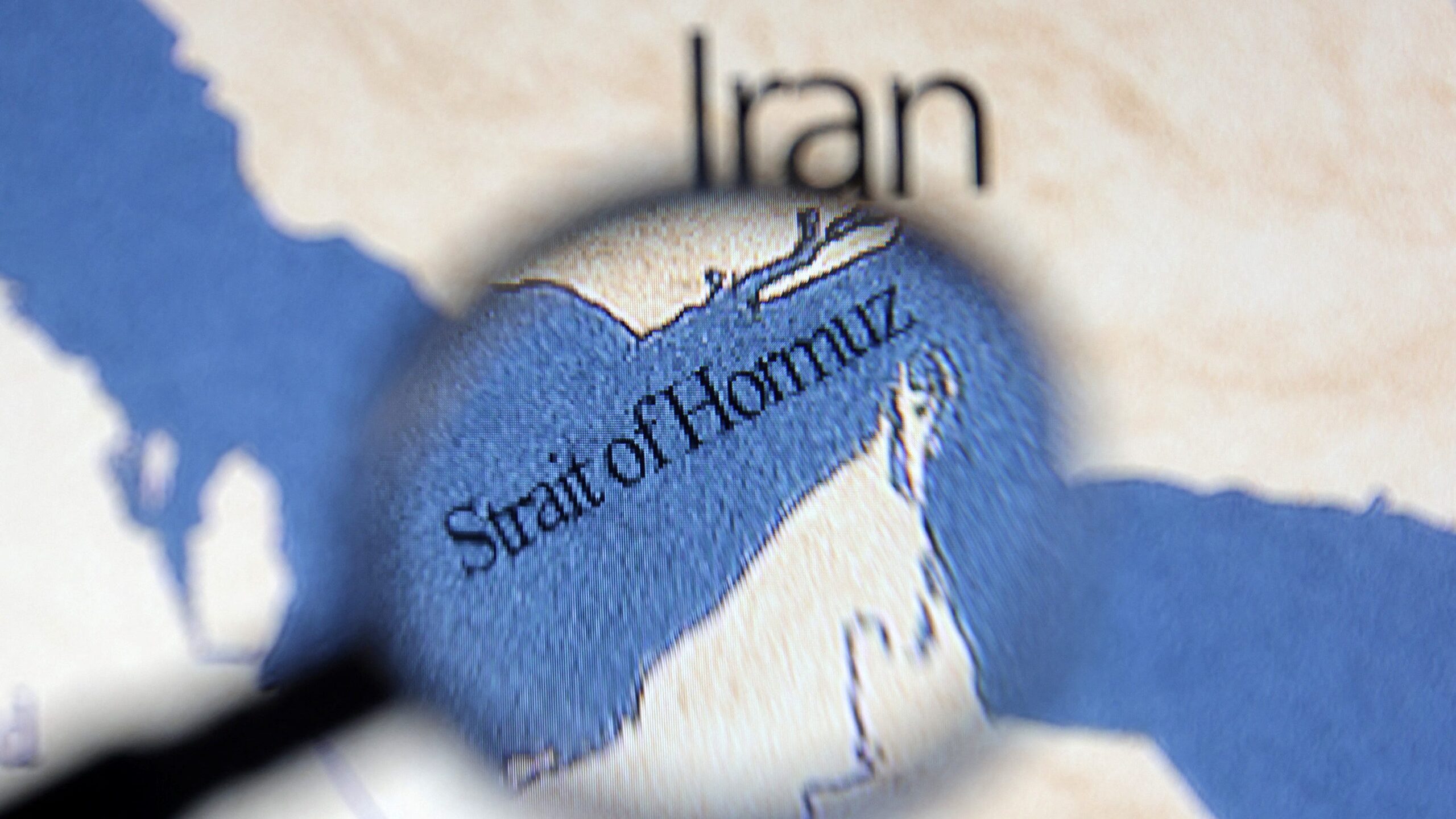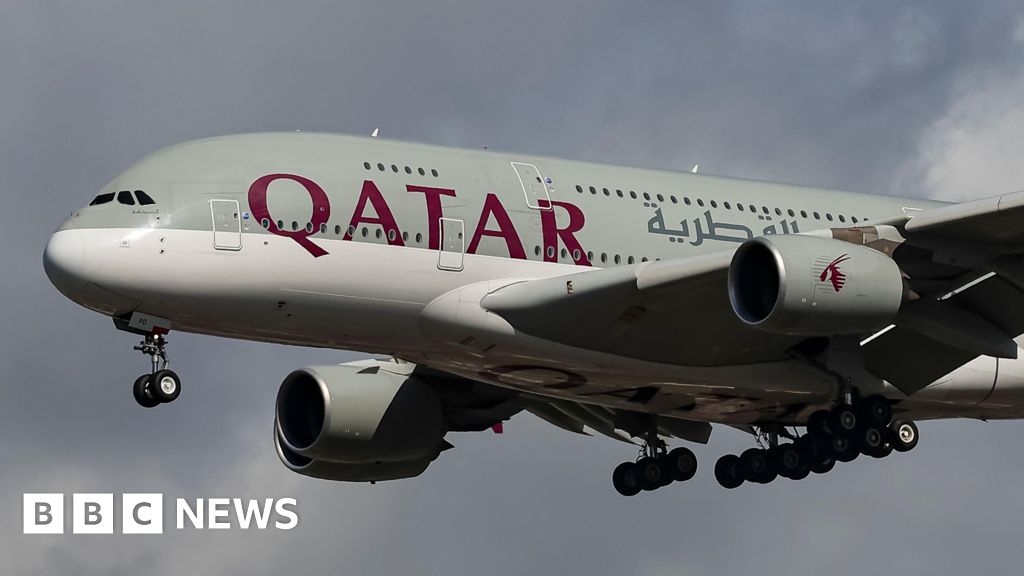
Global oil prices have eased slightly after climbing to their highest levels in five months, following indications that Iran is unlikely to imminently block the Strait of Hormuz — a critical maritime chokepoint for global oil shipments.
The retreat in prices comes amid growing geopolitical tensions in the Middle East, particularly in light of past statements and military posturing by Iran. The country had earlier made veiled threats to disrupt shipping through the Strait of Hormuz, a narrow passageway through which nearly one-fifth of the world’s total oil consumption flows on a daily basis.
Markets responded quickly to these potential threats, pushing global crude benchmarks to five-month highs earlier this week. Brent crude and West Texas Intermediate (WTI) saw significant increases as traders feared disruptions in supply. However, intelligence assessments and diplomatic backchannel discussions now suggest that Iran is unlikely to take that step in the immediate future.
Energy analysts point out that while the immediate risk has subsided, the broader geopolitical context remains fragile. “While current odds favor uninterrupted shipping through the Strait, the situation remains fluid, and Iran could change its posture based on regional or international developments,” said a senior analyst at an international energy consultancy.
The Strait of Hormuz remains one of the most strategically vital waterways in the world. Any disruption there could have cascading effects on global energy supply chains, oil prices, and economic stability. As such, investors and governments alike remain cautious.
In the coming days, the market will be watching closely for any further developments in the region, including military maneuvers, diplomatic statements, or changes in shipping traffic. Until then, oil prices are expected to be influenced by a mix of geopolitical signals and traditional supply-demand fundamentals.
Source: https:// – Courtesy of the original publisher.








